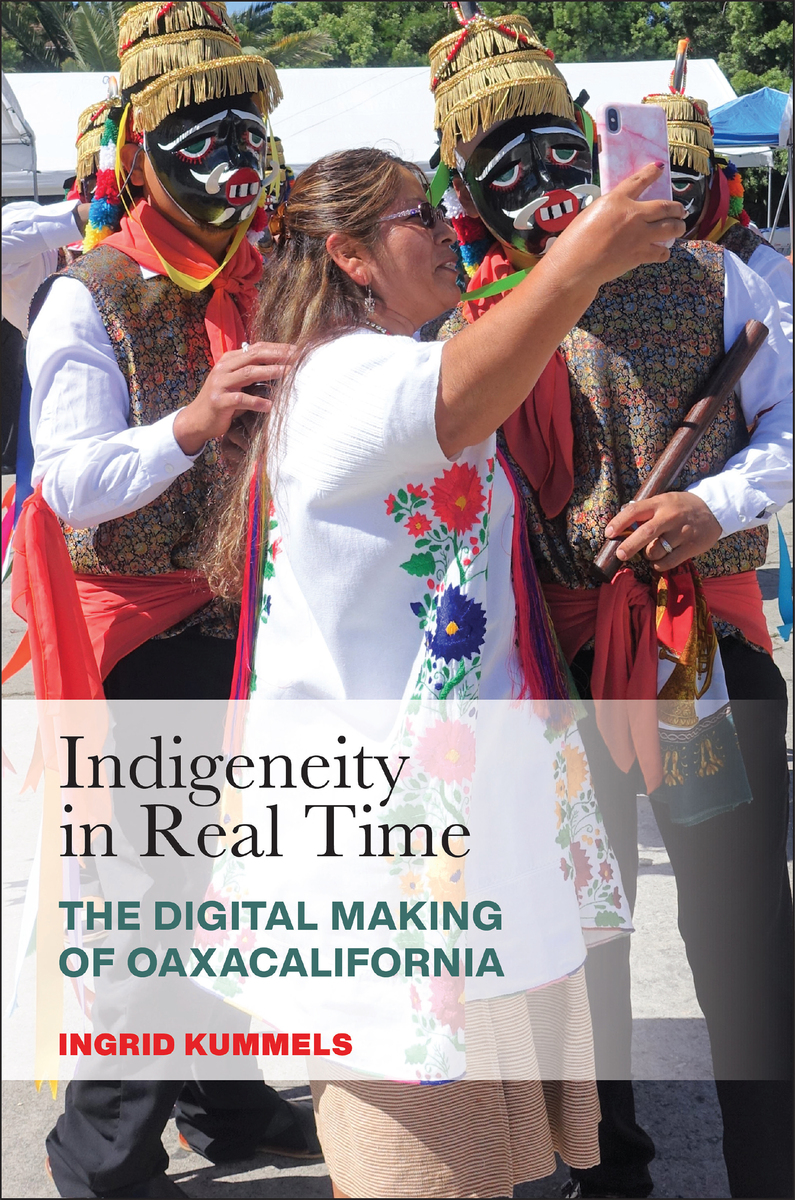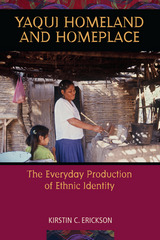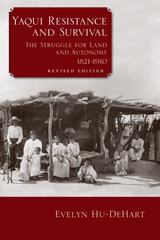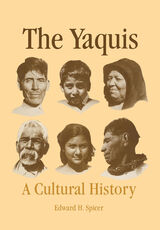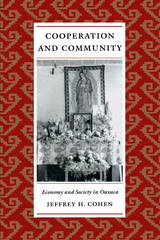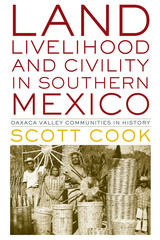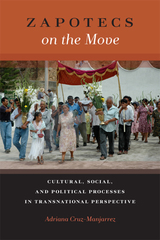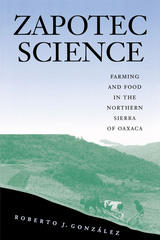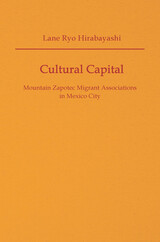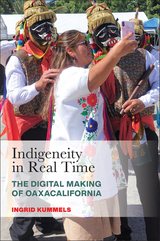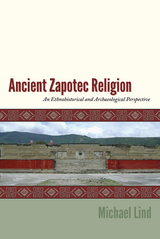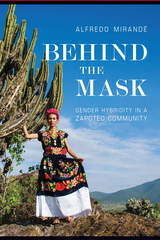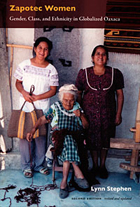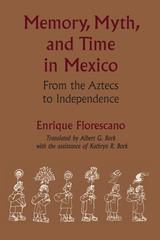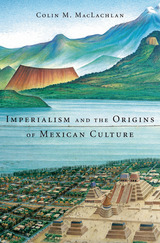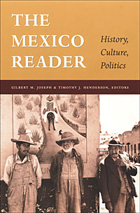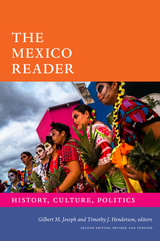Indigeneity in Real Time: The Digital Making of Oaxacalifornia
Rutgers University Press, 2023
Cloth: 978-1-9788-3479-8 | eISBN: 978-1-9788-3482-8 | Paper: 978-1-9788-3478-1
Library of Congress Classification F1221.Z3K86 2023
Dewey Decimal Classification 398.20899768
Cloth: 978-1-9788-3479-8 | eISBN: 978-1-9788-3482-8 | Paper: 978-1-9788-3478-1
Library of Congress Classification F1221.Z3K86 2023
Dewey Decimal Classification 398.20899768
ABOUT THIS BOOK | AUTHOR BIOGRAPHY | REVIEWS | TOC
ABOUT THIS BOOK
Long before the COVID-19 crisis, Mexican Indigenous peoples were faced with organizing their lives from afar, between villages in the Oaxacan Sierra Norte and the urban districts of Los Angeles, as a result of unauthorized migration and the restrictive border between Mexico and the United States. By launching cutting-edge Internet radio stations and multimedia platforms and engaging as community influencers, Zapotec and Ayuujk peoples paved their own paths to a transnational lifeway during the Trump era. This meant adapting digital technology to their needs, setting up their own infrastructure, and designing new digital formats for re-organizing community life in all its facets—including illness, death and mourning, collective celebrations, sport tournaments, and political meetings—across vast distances. Author Ingrid Kummels shows how mediamakers and users in the Sierra Norte villages and in Los Angeles created a transborder media space and aligned time regimes. By networking from multiple places, they put into practice a communal way of life called Comunalidad and an indigenized American Dream—in real time.
See other books on: Communication and culture | Indigenous Studies | Los Angeles | Social Aspects | Transnationalism
See other titles from Rutgers University Press
